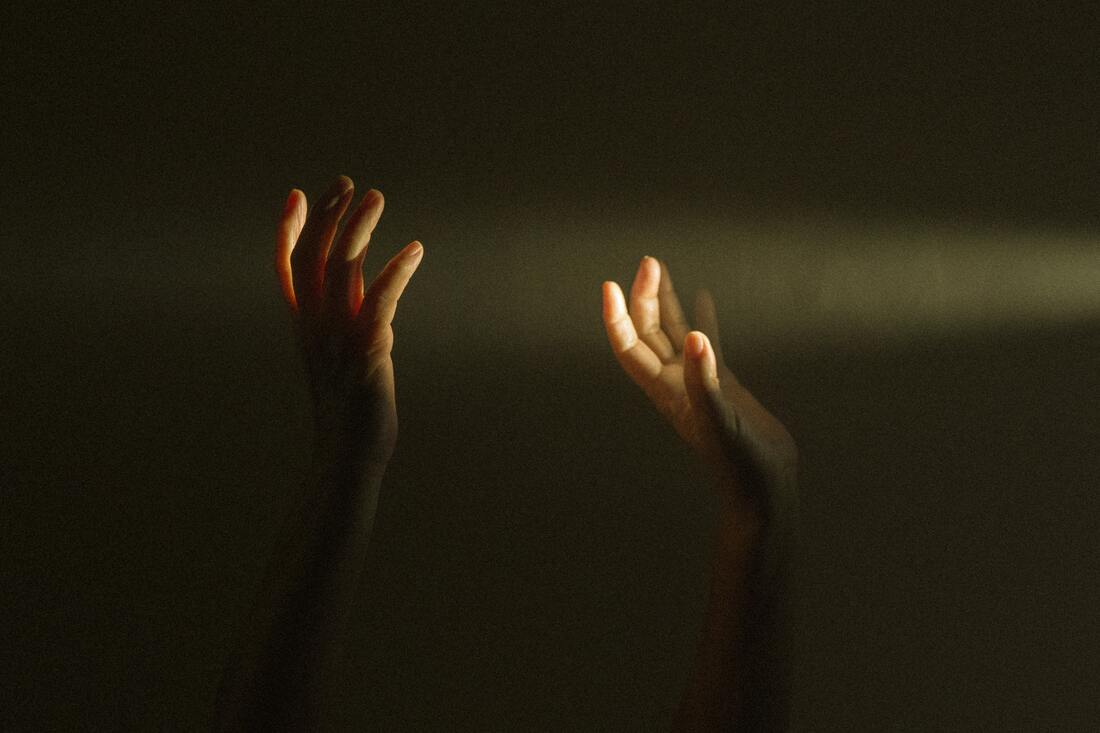|
Fundamentalism, be it religious, political, or any other kind all share one precept—believers are right, everyone else is wrong, and any and all questions are answered within the belief structure. If questions can’t be answered within the belief structure, the questions aren’t valid. Dialog is impossible because there is no doubt. Their truth is THE truth and everything they know or experience supports this. Since many fundamentalists grow up in family and social situations where there is no diversity of thought or experience. Their world is THE world.
Judie Fein wrote a piece for Psychology Today https://www.psychologytoday.com/us/blog/life-is-trip/202101/why-you-cant-change-anyones-political-opinions about the impossibility of changing someone’s political beliefs, but the same is true for all deeply held beliefs, which give structure and meaning to the believers’ life. So, is changing someone’s belief impossible? No, but the best, perhaps only way for someone’s belief to change is for the person to experience a transformative event in their lives, and even then, it usually doesn’t happen quickly or easily. The occurrence, which must be life-changing, might be a family confrontation, cataclysmic illness, leaving family to go to school or one’s hometown for work, or experiencing a powerful contradiction in what was formerly assumed—all changes where the person meets people whose ideas and experiences differ radically from her/his own, discovering that the world is profoundly different from the one in which he/she grew up or live in. Lately, relatives of people espousing hate-filled beliefs have contacted groups like Parents for Peace, asking for help. The process of shifting hate-filled violence to being part of a caring community takes time, listening without judgment, building trust, and above all, the person’s readiness to participate in the process. My experience with a strongly engrained belief is benign compared to hate-filled beliefs, but even so, it was difficult to change. I learned early on not to ask for help, that it could be dangerous, even life-threatening. My father often told me, “You’re strong, you can manage,” and mostly I did. But when I was diagnosed with a rare form of leukemia it became impossible for me to “manage.” When I came home from the hospital, I wasn’t strong enough to take out the garbage. And yet, even when I knew I had to ask for help, I did my best to avoid it. One big problem was that I lived 2 ½ hours from the cancer treatment center, too long a drive for me to do by myself. I hated having to ask people to drive me—at first, once a week, then twice a month, then every three months—for years, which meant asking a lot of people so as not to wear out my welcome, as well as figuring out ways to thank them. One day, in despair about having to ask for driving help, I searched for a way to get to the treatment center by myself. I flew from an airport in Wilmington, DE to an airport in Baltimore, MD. A driver from the treatment center picked me up. After treatment, which included five bone marrow biopsies on each side of my sacrum, I wanted to go home. I needed to go home. I didn’t care about anything except going home. The medical people told me this was not only medically unwise, a hurricane was predicted. The medical staff told me to stay overnight, that I could go home in the morning when flights resumed. Their arguments were sensible and reasonable, yet all I could think about was going home. Nothing anyone said changed my mind. So, despite the staff’s obvious disapproval, a driver took me back to the airport in Baltimore. And, as predicted, a hurricane grounded all flights. I sat in a chair in the waiting room. A woman passing by told me blood was oozing on to the floor. Embarrassed, I thanked her, wiped up the blood with my dark skirt and went into the bathroom. Blood was seeping from the biopsy wounds. I staunched them as best I could and put paper towels on the chair. When the hurricane passed, my scheduled flight was permanently cancelled and my new flight was routed to Philadelphia, PA. I was beyond caring about changes. At least I was on my way home and could take an airport shuttle home. Once the plane took off, a flight attendant noticed there was blood on the back of my seat and gave me a towel to wipe it up. I pressed my back against the chair as hard as I could to staunch the bleeding. After hours of difficult traveling, when I finally got home, I flopped into bed, relieved my ordeal was over, that is until I needed to use the bathroom. When I got up out of bed, I was so dizzy from loss of blood I had to crawl to the bathroom. This was when I finally accepted there were times when I had to ask for help, that this was not dangerous, nor did it mean I was an incapable person. What would it take to change your belief?
0 Comments
Leave a Reply. |
Monthly StoriesStories inspired by world tales to challenge and comfort. Archives
July 2024
Categories |
Copyright © Nancy King 2020 | Site Design by Angulo Marketing & Design
|
|
Nancy King is a widely published author and a professor emerita at the University of Delaware, where she has taught theater, drama, playwriting, creative writing, and multidisciplinary studies with an emphasis on world literature. She has published seven previous works of nonfiction and five novels. Her new memoir, Breaking the Silence, explores the power of stories in healing from trauma and abuse. Her career has emphasized the use of her own experience in being silenced to encourage students to find their voices and to express their thoughts, feelings, and experiences with authenticity, as a way to add meaning to their lives.
|


 RSS Feed
RSS Feed